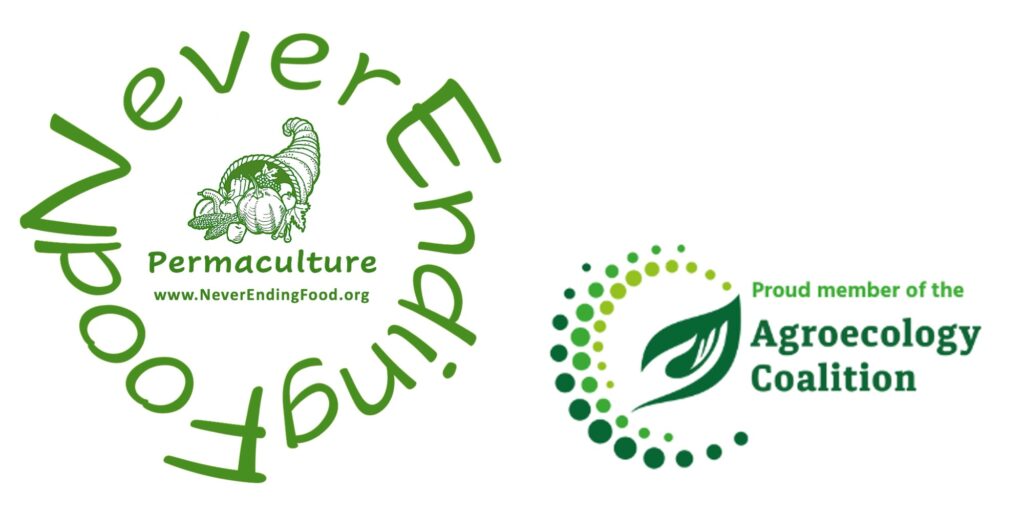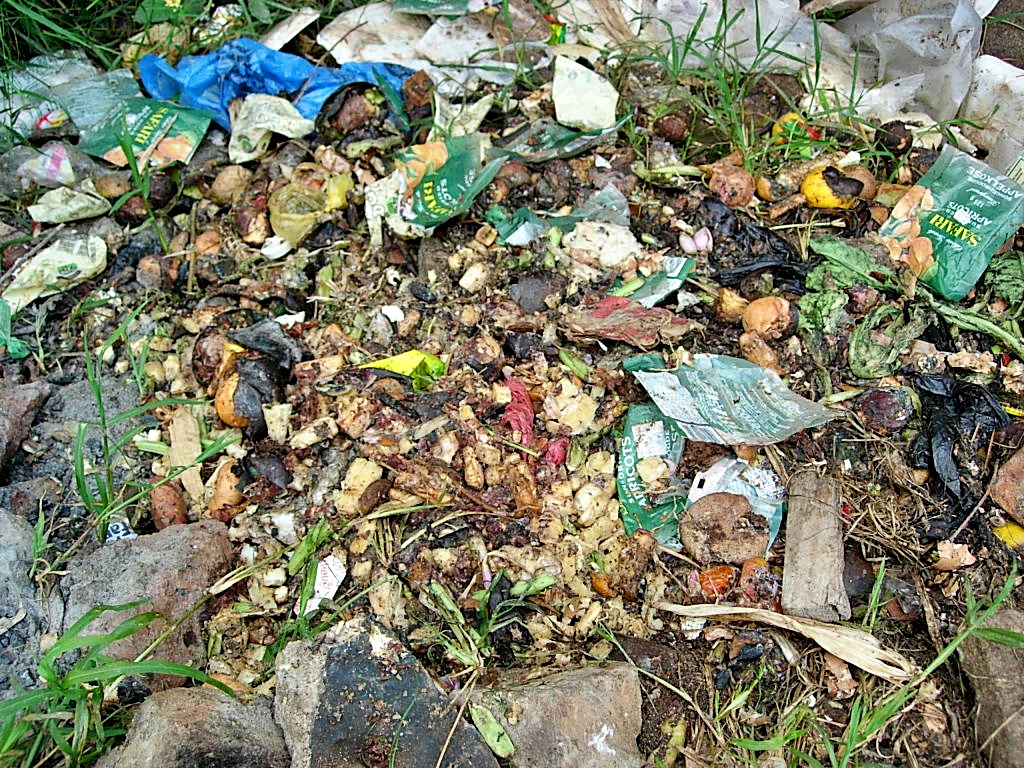
When we think of food waste, we generally think about how much food is left on our plates after a meal, but there are many other factors which can cause food to be wasted. Some of this waste happens on farms, in post-harvest storage, in transport, and in processing. Currently, about one-third of all the food produced in the world never gets eaten.
There are two types of food waste that we need to take into consideration: quantitative (e.g. the physical amount of food loss) and qualitative (the loss of nutritional quality).
The nutrition of food begins in the soil. When the soil is healthy, plants are able to absorb these nutrients and make them available to humans and animals. Studies have shown that organic foods, grown in healthier soils, are higher in certain nutrients, like vitamin C, iron, magnesium, and phosphorus, than non-organic varieties of the same foods.
When we waste the soil, we waste soil nutrients. This, in turn, reduces agricultural productivity as well as the nutritional quality of our food. Most studies which have been conducted on soil loss in Malawi show an average of 20 tons up to nearly 40 tons of topsoil per hectare. One study showed that the loss of soil nutrients at a rate of 40 tons per hectare resulted in a loss of productivity from 39% up to 77%. This is a form of waste.

One problem we find in Malawi is that an over-emphasis on the growing and eating maize is failing to meet the annual nutritional needs of humans. This fails to provide people with the diversity of nutrients which our bodies require, and has led to a situation where on average 35.5% of the children under the age of 5 are nutritionally ‘stunted’. This over-emphasis on one crop forces people into trying to store large quantities of maize for the whole year. Post-harvest storage losses in Malawi are now estimated to be around 30%, resulting in economic losses of around 100 billion kwacha (or 100 million U.S. dollars). This is also a form of waste.
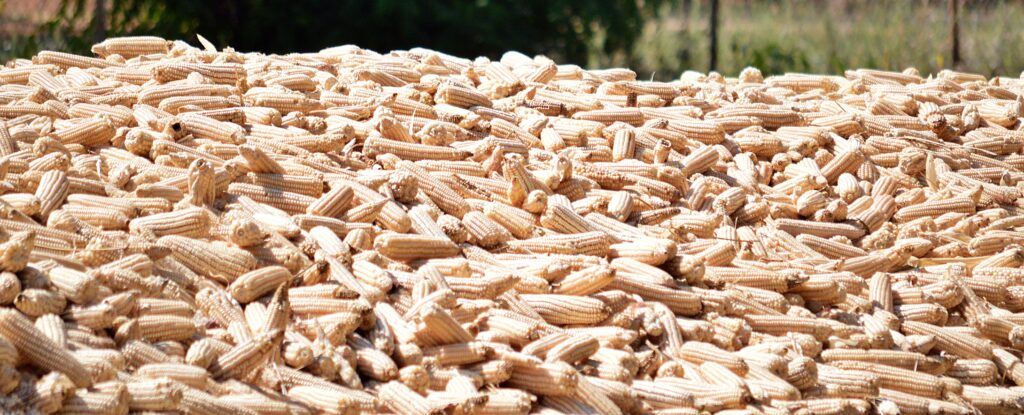
The world already produces more than 1 ½ times enough food to feed everyone on the planet. That’s enough to feed 10 billion people, but nearly 1.3 billion metric tons of this food is wasted. The solutions to these problems do NOT lie in trying to increase yields through genetic engineering, increased use of synthetic fertilizers, or trying to get the world to shift toward industrialized agriculture. The solutions, instead, are as simple as embracing the three Permaculture ethics: Earth Care, People Care, and Fair Share.
It starts by ensuring that all people, at all times, have access to safe and nutritious foods which meet their needs for an active and healthy life. By creating food systems which are local, seasonal, and organic, we can begin to reduce food waste which occurs in storage, processing, and transit. When food is left over, we can use these resources through the use of worm farms and composting.
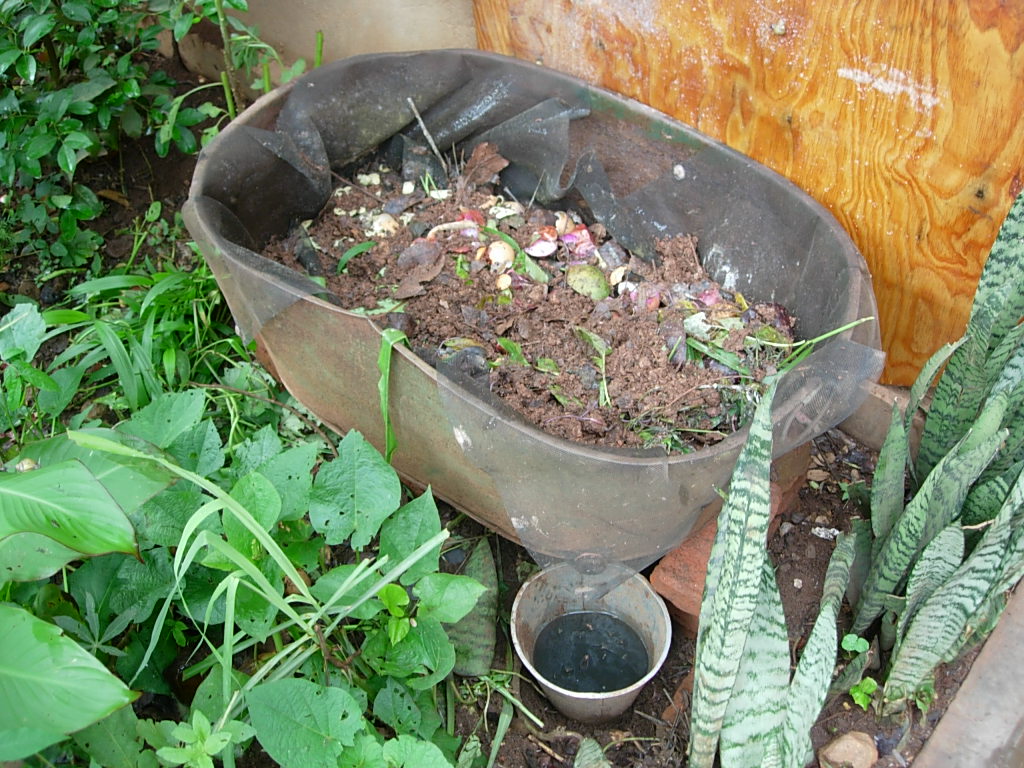
A ‘resource’ is anything we can use; a ‘waste’ is simply a resource that is unused or ruined.
When we begin to design agricultural systems which reflect the diversity of nature, it helps to ensure that excess nutrients, organic matter, and food or crop residues are all returned to the system. Food scraps can be used to feed animals, feed the soil, and result in even more-abundant harvests in the future. There is also no such thing as human ‘waste’. When we learn how to turn our manure into a ‘resource’, we can create safe and free natural fertilizer, using technologies such as composting toilets.
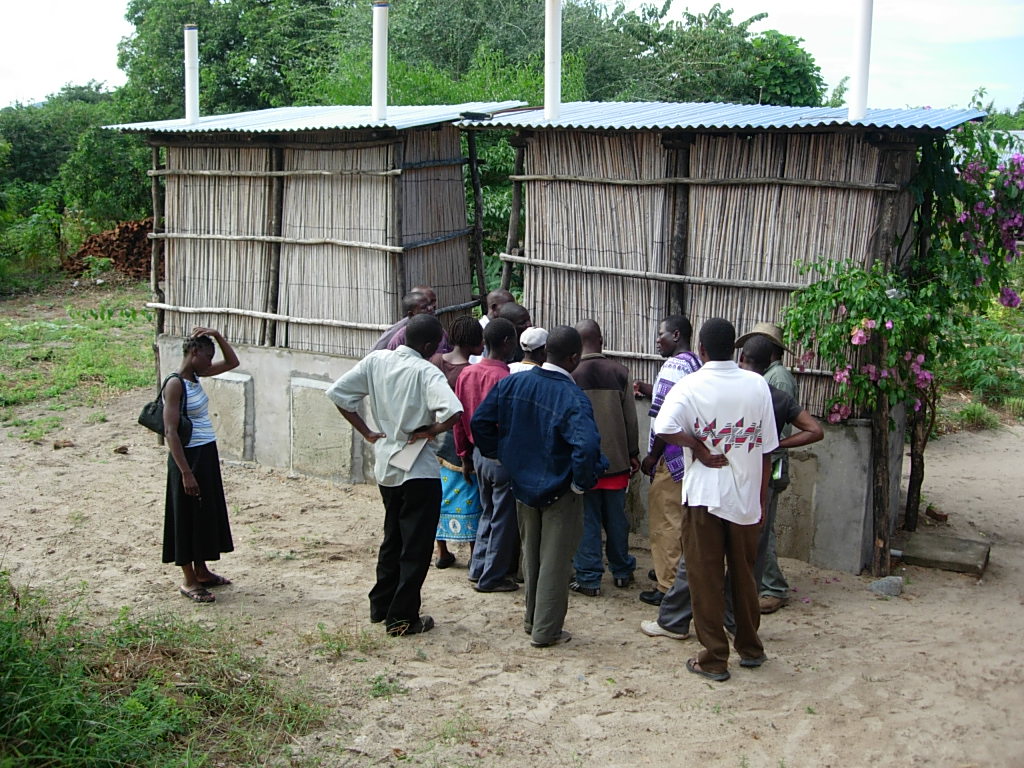
One of the main aims of Permaculture is to turn every ‘waste’ into a ‘resource’. This is achieved by seeing solutions, and not problems. When solutions are embraced, we can all move towards achieving ‘zero-waste’ in every aspect of our lives!
All donations go directly towards helping to spread Permaculture solutions throughout Malawi. Every little bit helps, and even a little can go a long way!
